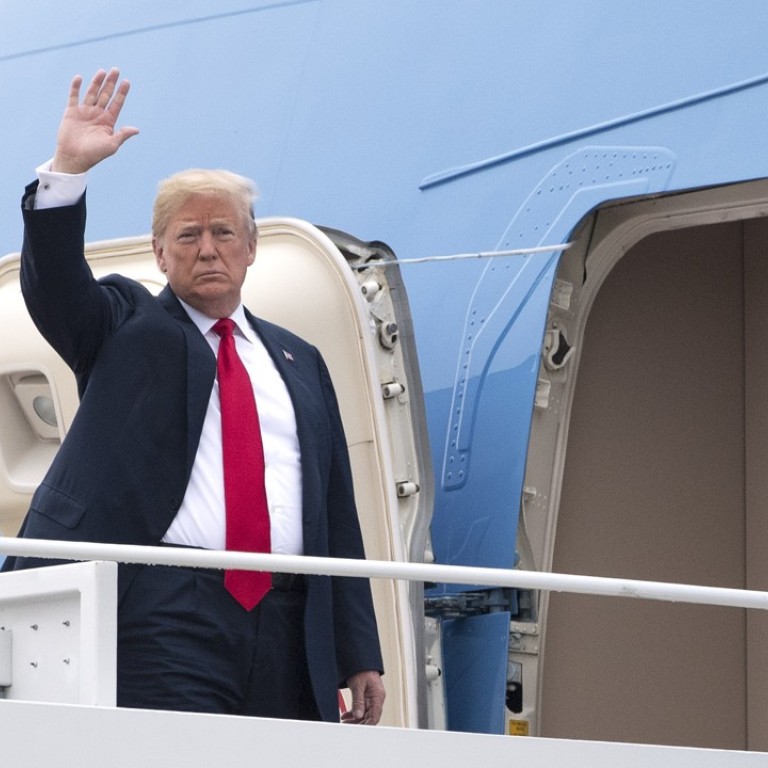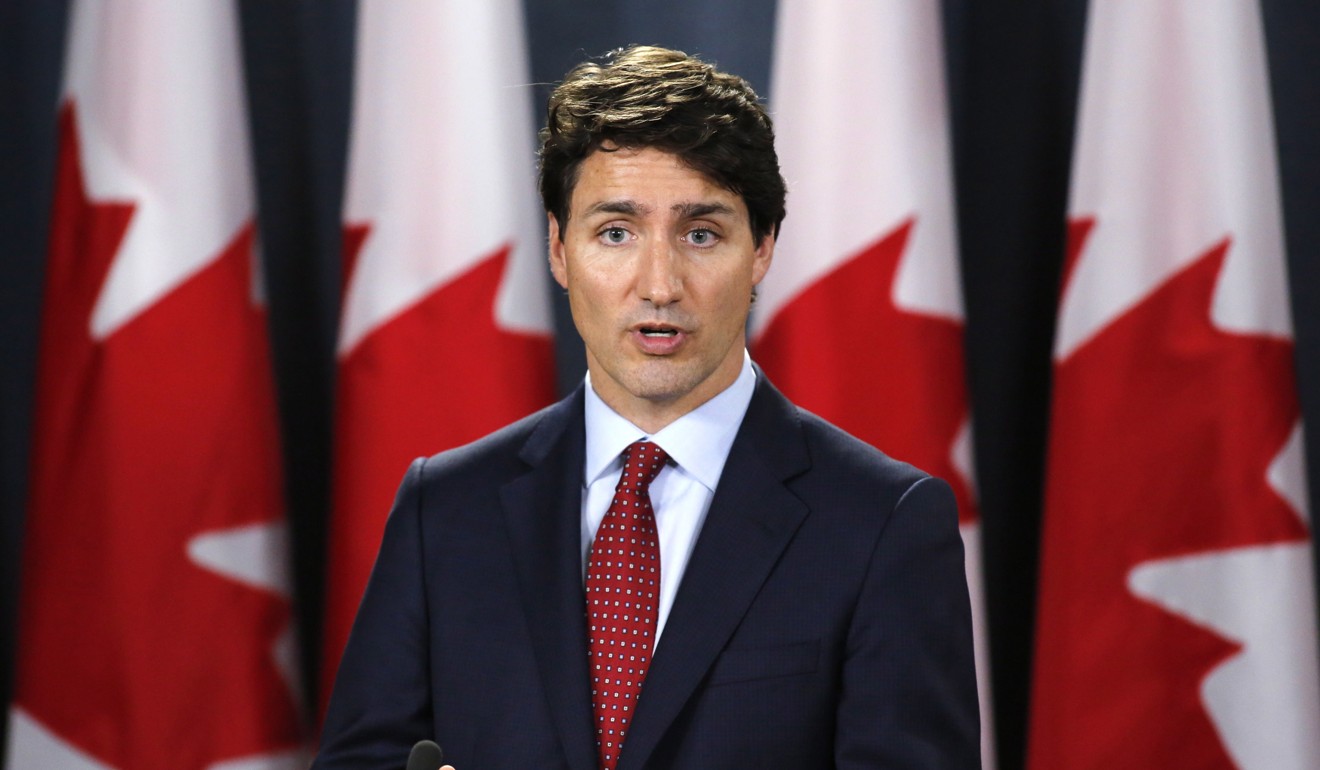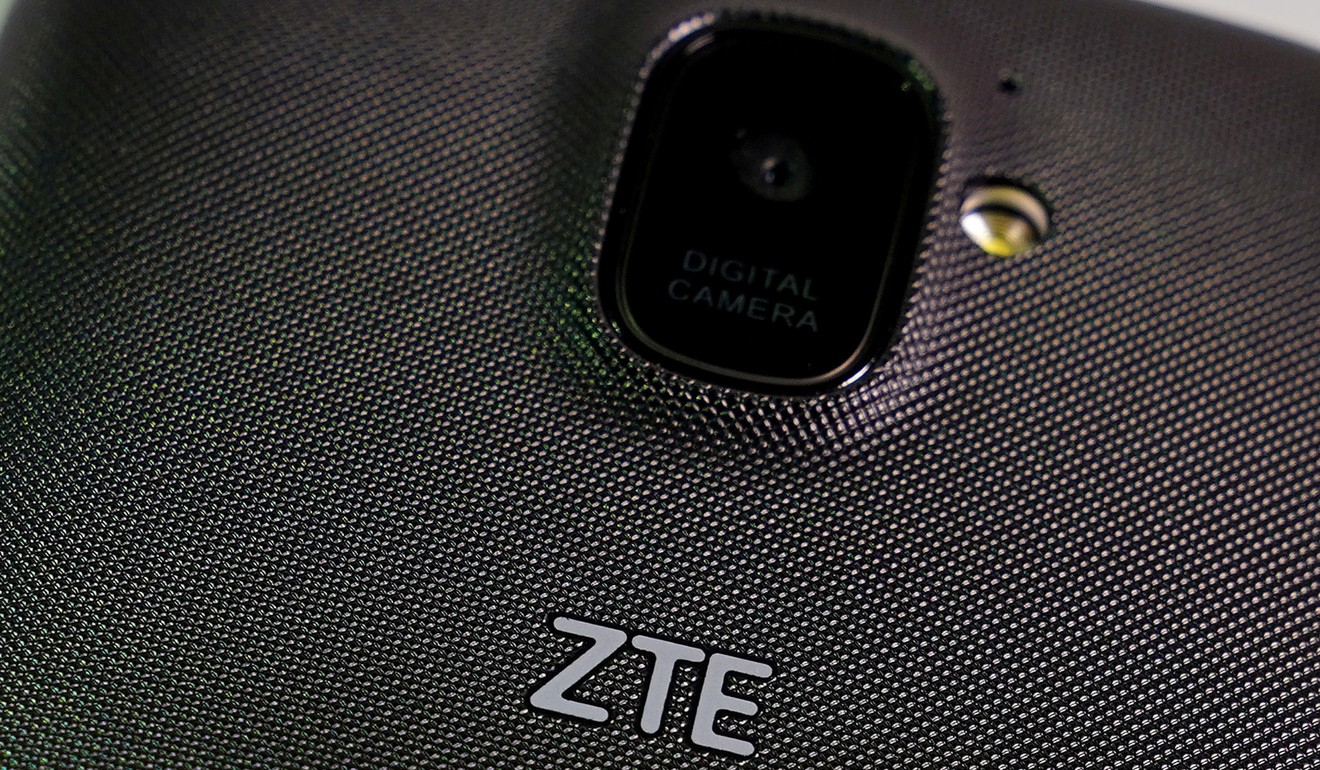
Is the world spiralling down towards Thucydides Trap?
Trump’s erratic and transactional policies have seriously harmed US relations with long-standing allies and even foes, showing how distant the president is to temperate counsel. Now, much depends on the temperance of China’s leadership, which is in the early stages of getting to grips with the implications of its emergence as a new and major force
So is this what the gates to the slippery slope down into the Thucydides Trap look like? Is this a deathly mix of hubris, fear and honour dragging us down into a hegemonic war?
As Donald Trump’s hyperactive team hurtle from G7 belligerence in Paris, to Pacific Ocean defence talks, and a likely summit with North Korea’s Kim Jung-un in Singapore, to mercantilist trade battles in Beijing and snarling unfinished business in Nafta, it is time to pause and think afresh about Thucydides’ story.
It was Graham Allison at the Harvard Kennedy School that reminded us of the immediate danger of a Thucydides Trap – the rise of Athens and the fear this inspired in Sparta that made war inevitable.
It is worth looking closer at the story leading into the Peloponnesian War. Archidamus, king of Sparta, seemed keenly aware of the trap: “We must not be hurried into deciding in a day’s brief space a question which concerns many lives and fortunes and many cities, and in which honour is deeply involved. We must decide calmly.” One must pause, and wonder whether Archidamus was not pleading directly into Trump’s ear.
He was flatly contradicted by Sthenelaidas, one of his five magistrates: “Vote, Spartans, for war as the honour of Sparta demands.” Sthenelaidas won the argument and 27 years of war followed. So say Bolton, Navarro, Lighthizer, and one wonders whether 27 years of war is set to follow without history’s lessons being learned.
But the Peloponnesian War offers further insights: seven years into the war, at the battle of Pylos, the Athenians had a massive victory, prompting Sparta’s leader to call for peace: “If great enmities are to be settled it will not be by revenge and military success, but when the more fortunate combatant waives his privileges and, guided by gentler feelings, conquers his rival in generosity and accords peace on more moderate conditions than expected.”
On Trump’s watch, and with Trump’s hawks in the ascendant, warning lights are flashing red
The Athenians ignored this advice, decided to try to double down on their Pylos victory – and in due course lost the war, never to recover. How distant Trump is to this temperate counsel. Quoting The Art of the Deal: “I fight when I feel I’m getting screwed, even if it is costly and difficult and highly risky.”
Allison reminds us that in the past 500 years, there have been 16 examples of the Thucydides Trap opening its jaws – and 12 ended in war: “On the historical record, war is more likely than not.”
And on Trump’s watch, and with Trump’s hawks in the ascendant, warning lights are flashing red. Much may depend on the temperance of China’s leadership. Temperance is certainly not in the words or body language of European, Japanese, Canadian or Mexican leaders as they have bristled this week at Trump’s decision to go ahead with tariffs on steel and aluminium exports, with threats to do the same on the global car trade.

Add in the unilateral US decision to renege on the Iran nuclear deal and reimpose sanctions, at the same time threatening EU companies with reprisals if they do not toe the line, and the likelihood of retaliation and escalation seems high. Many are perplexed: if this is how you deal with long-standing allies, what is in store when it comes to dealing with parts of the world where alliances are fragile, or do not exist?
The emergence of China as a new and major force is a fact and a fait accompli that we all have to adapt to
Philip Stephens in the Financial Times, captured the mood: “In squandering America’s soft power, [Trump] has shrunk its ability to get things done. And in staking out a belligerent unilateralism, he has persuaded allies and adversaries alike that the American moment has passed.”
Potential wars with long-standing allies are being primed, and opportunities to work cooperatively to address the trading world’s genuine problems with China’s different and powerful economic model are being squandered, with a fundamental US failure to ask the first and simplest question in diplomacy: “And then what?”
In Singapore, Kishore Mahbubani argues persuasively in a new book Has the West Lost it? that world domination by an eighth of the world’s people is coming to an end, and that the emergence of China as a new and major force is a fact and a fait accompli that we all have to adapt to.
As the FT’s Martin Wolf adds: “The lesson the West must learn is to interfere less and cooperate more … Far too many people in rich countries think the answer is for the billions of poorer people to abandon hopes for a better life. That is not just immoral, it is infeasible.”
China is in the early stages of getting to grips with the implications of its emergence – and the likelihood that at some point soon a billion Indians may also be striving to join the high-consuming global middle classes. It is uniquely pressured to explore resource efficiencies that will allow so many more people to become consumers without natural resources being exhausted, and environmental reforms that allow us to consume without destroying our planet.

It is relying on a more authoritarian economic model to tackle these awesome challenges, and while the democratic West may not be comfortable with this, they face an imperative to cooperate in remediation, not foment mercantilist trade policies that inflict harm in all directions and put the global trading system in jeopardy.
It is arguable that Trump’s erratic and transactional policies have already inflicted irreparable harm. Canadian and Mexican businesses are without doubt looking to diversify their markets. Europeans too are reviewing the alliance networks that have secured peace and prosperity for the past 70 years.
China, stung by the US decision to halt supplies of hi-tech components to ZTE, has learned an irreversible lesson and reacted predictably, focusing on strengthening its hi-tech self-reliance, reducing its dependence on foreign supply of key technologies. The global network of multilateral supply chains, which have been key to maintaining peace through our lifetimes, are being weakened and dismantled.
These are without doubt the gates to the Thucydides Trap. Let us still pray that we do not pass through.
David Dodwell researches and writes about global, regional and Hong Kong challenges from a Hong Kong point of view

